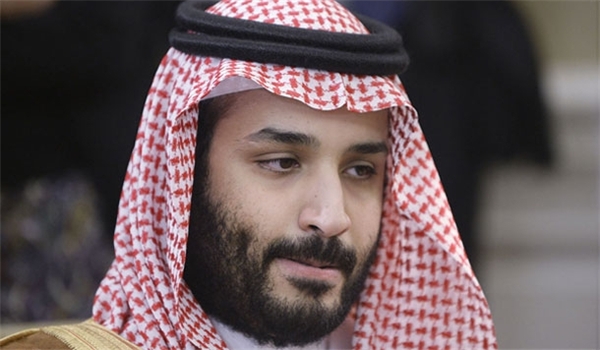
RNA - The official, who requested that his identity remains anonymous, refused to reveal the nature of bin Salman’s meetings in Tel Aviv, the people he met, as well as the results of his discussions with the Israeli Prime Minister Benjamin Netanyahu, Middle East Monitor reported.
The Israeli official’s statement confirmed the accuracy of what the official Hebrew radio broadcast earlier, when it revealed that “an emir from the Saudi royal court visited the country secretly on 7 September and discussed with senior Israeli officials the idea of pushing forward regional peace.”
During that time, journalist Ariel Kahana, who works for the nationalist and right-wing weekly Makor Rishon, tweeted: “Bin Salman visited Israel with an official delegation and met with officials.”
A few days later, the famous Saudi blogger “Mujtahid” wrote: “The journalist Noga Tarnopolsky, a specialist in Israeli affairs who possesses international credibility, has confirmed Mohammed bin Salman’s visit to Israel.”
Immediately after, the hashtag #Bin_Salman_Visited_Israel topped the most circulated Twitter hashtags in a number of countries, including Saudi Arabia and Qatar.
On 6 September, Israeli Prime Minister Benjamin Netanyahu announced that there was cooperation at various levels with Arab states with which Israel had no peace agreements. He explained that these contacts were taking place in a discrete manner and are the most extensive ones that ever took place in any previous era in the history of Israel.
But, he explained that “the relations between the Saudi Sunni alliance and Israel are under the radar, and are not public, because of the culture of the Middle East that is sensitive regarding this matter.”
The recent months have witnessed unprecedented Saudi calls for normalization with Israel, even though calling for such a move publicly was considered “a sin” before bin Salman’s rise to power.
The recent period has also witnessed an informal economic rapprochement between Riyadh and Tel Aviv, where former Saudi businessmen and former senior officials have visited Israel. Camera lenses have also captured handshakes between Israeli officials and Saudi princes, which is unprecedented.
Israel has supported the current blockade imposed by Saudi Arabia, the United Arab Emirates, Bahrain and Egypt on Qatar. Tel Aviv has repeatedly called on Doha not to host prominent Palestinian figures, which is now a view shared by Riyadh and Abu Dhabi.
847/940